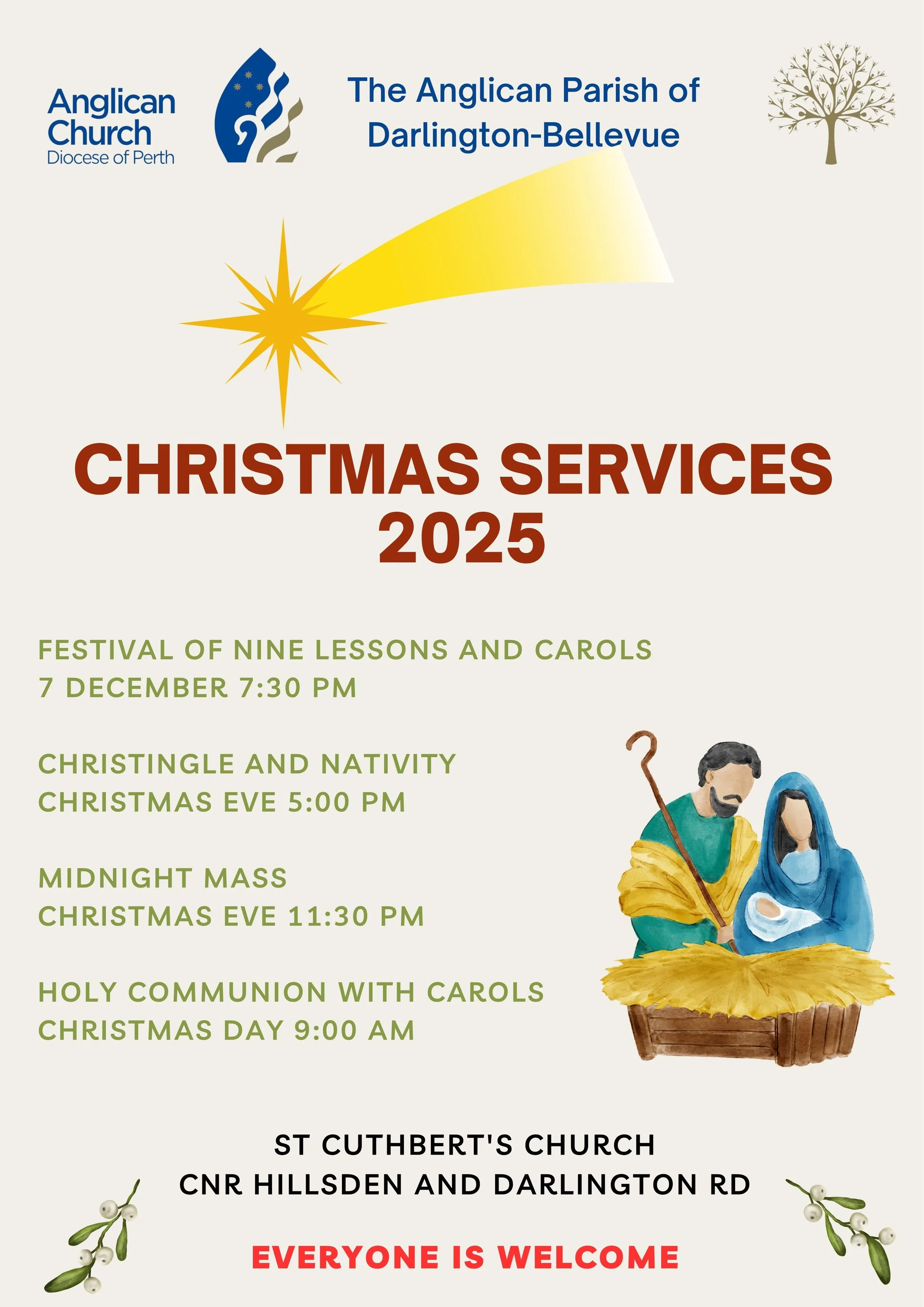Sermon for the Feast of Christ The King
Sunday 21 November 2021
2 Samuel 23:1-7
This sermon is by The Reverend Chris Bedding. As part of this year’s Christmas Bowl appeal you are invited to use the sermon starter or this whole sermon as inspiration. You are also welcome to read the sermon to your congregation, with an attribution to the author. To see all the Christmas Bowl resources for 2021, click here.
We know we have a Queen – she’s on our money. We still sometimes receive mail marked O.H.M.S – On Her Majesty’s Service. There’s still such a thing as crown land. But our Queen (whom we remember in prayer during this time of poor health) is not really like the kings and queens of most of human history. She has a palace and a crown and title, but not a lot of real power.
The pomp, the fancy dress, the jewellery and the protocol that have accrued around royalty are all a ruse. Their purpose is to conceal the reality that kings rule because they are ruthless. And aggressive. And ambitious and hungry for power at any cost. There are hardly any kings of that kind left in the world. The Kings of Sweden and Belgium are basically glorified versions of the people who greet you at Bunnings. The Emperor of Japan and the King of Tonga are revered by their people, but have no real authority beyond their palaces. You have to go to Oman and Swaziland to find real, autocratic kings these days. But of course the really powerful rulers are not called ‘king’ at all. Xi Jinping is the ‘General Secretary of the Communist Party and President of the People’s Republic of China’, but he wields dictatorial power like an ancient chieftain, and so does his rival Putin in Russia. There are plenty of others who wield the absolute power of empires. One need only look to Rupert Murdoch at NewsCorp or Jeff Bezos at Amazon to see how a vast, rich global regime can exist without the added inconvenience of a nation state.
If we accept that there are kings in the world (whatever word we use for them), then we declare the kingship of Christ and claim citizenship in the Kingdom of God, then pray ‘your kingdom come, your will be done on earth as in heaven’ – do you not see how that constitutes sedition? If we accept that there are kings in the world, then say ‘we look… for the life of the world to come’ a world to which Jesus has returned to ‘judge both the living and the dead’ – do you not see that this is an act of treason? And when we say ‘the kingdom, the power and the glory are yours, now and forever’ does it not follow, that we are saying that kingdoms, power and glory do not belong to the kings of this world?
If you’ve ever wondered why so many early Christians, and some believers today in some parts of the world, suffer persecution and death – this is why. They constituted an existential threat to kings, because their allegiance was to another king. We mustn’t go seeking persecution and we don’t try to become martyrs. God would much rather we live for the faith than die for it. But we can anticipate that when we gather for this weekly meeting of the resistance, when we are sent out into the world to bear witness to an better Way in our homes and workplaces and on the streets, when we cling to God’s Dream for the world instead of the world’s corruption, we will meet opposition. Which is why we are comforted and reassured that way things are is not the way things are. Christ is King, and we look for the day when he rules over a world restored with self-emptying love for all.
In our reading from 2 Samuel today, we hear a king’s dying speech. David, who we first met as a shepherd boy, is now dying. Like Moses and Jacob before him, he offers ‘famous last words’. Unusually for a King, he delivers an oracle. This is normally the work of a prophet, but in David’s dying moments we get a glimpse of the ‘prophet, priest and king’ we will meet in his descendant, Jesus.
David leaves behind some wisdom for rulers of every age. ‘One who rules over people justly, ruling in the fear of God, is like the light of morning, like the sun rising on a cloudless morning, gleaming from the rain on the grassy land’. It is an evocative set of images, but the irony is rich. King David has hardly been a model of righteousness and justice. He had an adulterous affair with Bathsheba and plotted to murder her husband, Uriah. His own son tried to overthrow him. He was not deemed worthy to build the first temple. Although David is one of the great heroes of the bible, he was rash and corrupt. He was, like all of us, imperfect.
But in his ‘famous last words’, David is not looking back, retrospectively, over his reign, but forward in anticipation of God’s future. The dying king could not have known that one day, in David’s town, would be born a saviour whose kingdom is ‘not of this world’. But when he speaks with God’s voice, he foreshadows a future in which his descendants are a blessing for the whole world.
David was a king, and not a very good one. Elizabeth is our Queen, and considered by many to be a very good one, at least in the way she has persevered and done her duty. But neither of them, nor any of the thousands of other aristocrats of history, are the true rulers of history. Today, we celebrate the Kingship of Christ of our lives, over our church, over this earth, over the whole of the universe, and the whole of time. For now, we yearn for a world in which when rulers use their authority for justice. For now, we offer our gifts – including our donations to the Christmas bowl appeal – to this work for justice, regardless of who rules over us. But we also look forward to the ‘not yet’, when Christ the King will return to judge and rule over the whole world, and that day will be ‘like the sun rising on a cloudless morning’.
The Lord Be With You



